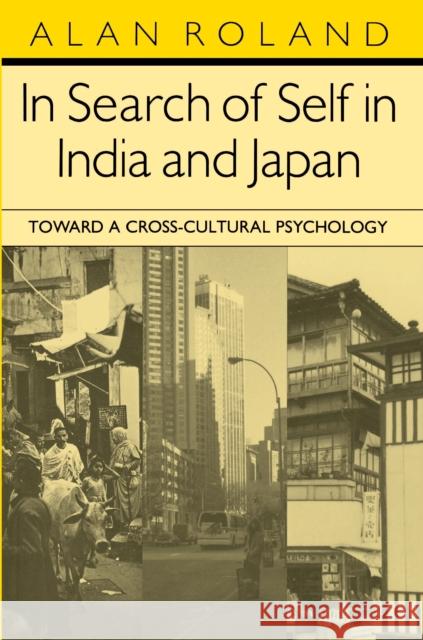In Search of Self in India and Japan: Toward a Cross-Cultural Psychology » książka
In Search of Self in India and Japan: Toward a Cross-Cultural Psychology
ISBN-13: 9780691024585 / Angielski / Miękka / 1991 / 424 str.
Drawing on work with Indian and Japanese patients, a prominent American psychoanalyst explores inner worlds that are markedly different from the Western psyche. A series of fascinating case studies illustrates Alan Roland's argument: the "familial self," rooted in the subtle emotional hierarchical relationships of the family and group, predominates in Indian and Japanese psyches and contrasts strongly with the Western "individualized self." In perceptive and sympathetic terms Roland describes the emotional problems that occur when Indians and Japanese encounter Western culture and the resulting successful integration of new patterns that he calls the "expanding self." Of particular interest are descriptions of the special problems of women in changing society and of the paradoxical relationship of the "spiritual self" of Indians and Japanese to the "familial self.?
Also described is Roland's own response to the broadening of his emotional and intellectual horizons as he talked to patients and supervised therapists in India and Japan. "As we were coming in for a landing to Bombay," he writes, "the plane banked so sharply that when I supposedly looked down all I could see were the stars, while if I looked up, there were the lights of the city." This is the "world turned upside down" that he describes so eloquently in this book. What he has learned will fascinate those who wish to deepen their understanding of a different way of being.











